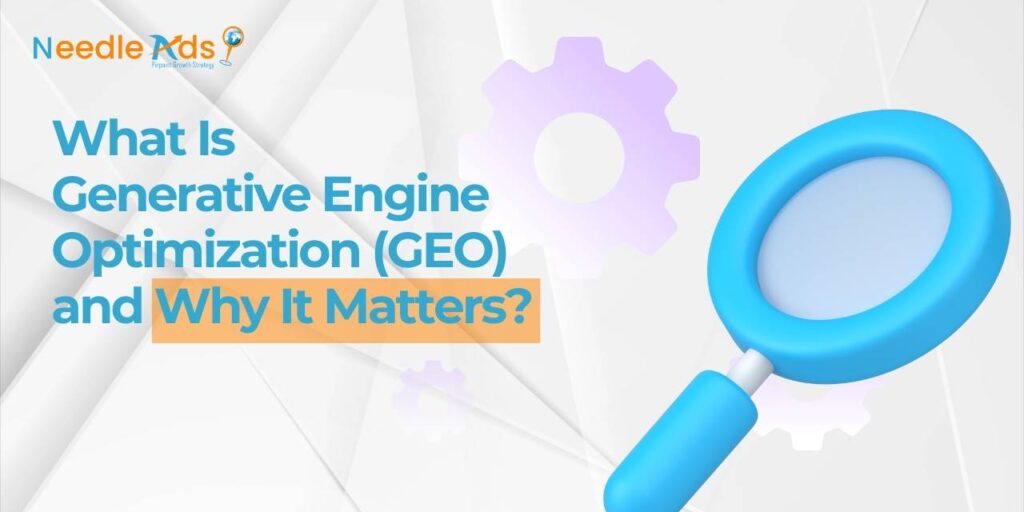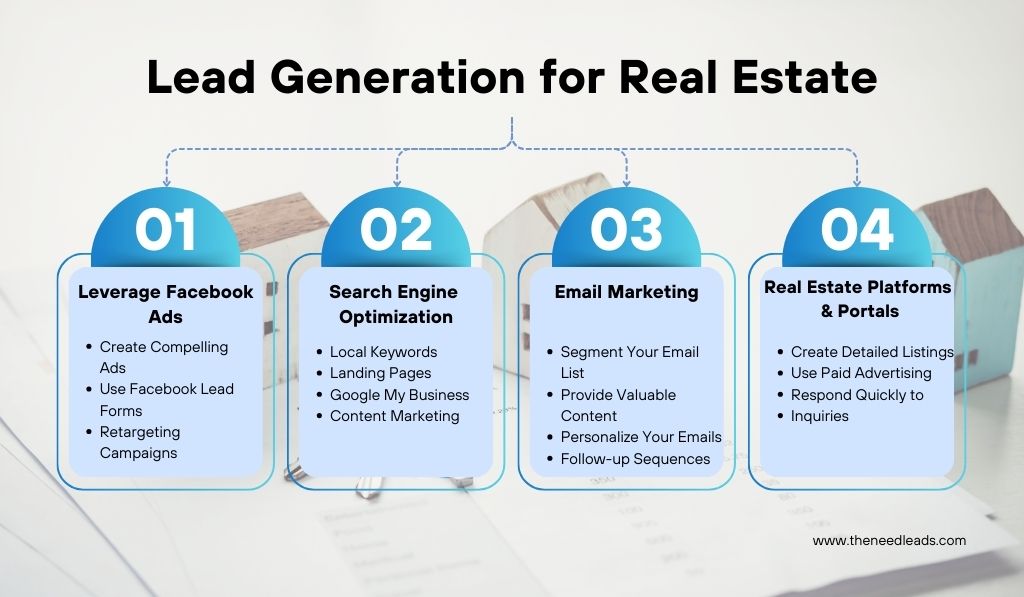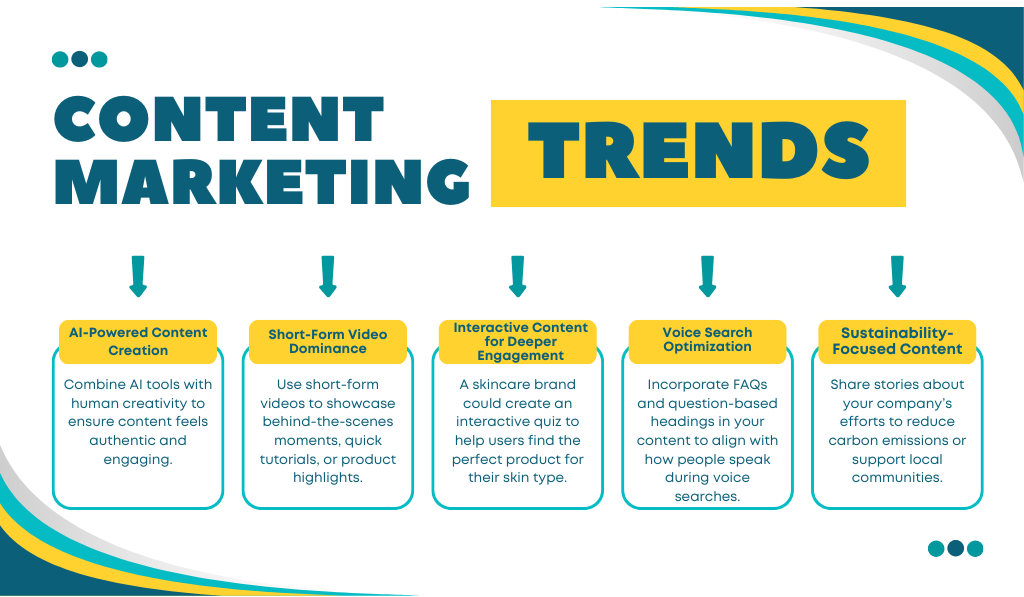Choosing the right e-commerce platform is crucial for the success of your online store, and SEO (Search Engine Optimization) plays a significant role in this decision. Shopify and WooCommerce are two of the most popular e-commerce platforms available today. Both have their strengths and weaknesses when it comes to SEO. In this blog, we’ll compare Shopify vs WooCommerce in terms of SEO to help you decide which platform is best for your online store.
Introduction to Shopify and WooCommerce
Shopify is a fully hosted e-commerce platform with a user-friendly interface, making it easy for anyone to set up an online store. It handles all the technical aspects like hosting, security, and updates.
WooCommerce, on the other hand, is an open-source e-commerce plugin for WordPress. It’s a self-hosted solution, meaning you must manage hosting, security and updates yourself. WooCommerce offers excellent flexibility and customization options since it’s built on WordPress.
Shopify vs WooCommerce: SEO Comparison
When it comes to SEO, both Shopify and WooCommerce have their unique features and capabilities. Let’s dive into the critical aspects of SEO and see how Shopify and WooCommerce perform in each area.
Ease of Use
Shopify: Shopify is known for its simplicity and ease of use. It has built-in SEO features that are easy to manage, even for beginners. You can easily edit meta titles, descriptions, and URLs without technical knowledge.
WooCommerce: Since WooCommerce is a WordPress plugin, it inherits WordPress’s flexibility. However, this also means more technical know-how is required to set up and optimize for SEO. You may need to install additional SEO plugins like Yoast SEO to get the most out of it.
Verdict: Shopify wins regarding ease of use, especially for beginners.
Site Speed
Shopify: Shopify is a hosted solution, which means it takes care of hosting and server management. Shopify stores are generally fast and optimized for performance. Shopify offers built-in CDN (Content Delivery Network) to ensure quick loading times.
WooCommerce: Site speed on WooCommerce depends on the hosting provider you choose. With the right hosting provider and optimization techniques, WooCommerce sites can be as fast as Shopify sites. However, this requires more effort and technical skills.
Verdict: Shopify has an edge due to its managed hosting environment.
Mobile Optimization
Shopify: Shopify themes are mobile-responsive out of the box. Your store will look great on any device, which is crucial for SEO since Google uses mobile-first indexing.
WooCommerce: WooCommerce relies on WordPress themes for design and layout. Many WordPress themes are mobile-responsive, but you must ensure you choose a theme optimized for mobile devices.
Verdict: Both platforms offer mobile optimization, but Shopify makes it easier with its built-in responsive themes.
SEO Plugins and Tools
Shopify: Shopify has built-in SEO features but offers various SEO apps in its app store. These apps can help with image optimization, keyword research, and backlink analysis.
WooCommerce: WooCommerce’s true power comes from WordPress plugins. You can use popular SEO plugins like Yoast SEO, All in One SEO Pack, and Rank Math to optimize your WooCommerce store. These plugins offer advanced SEO features that significantly boost your store’s visibility.
Verdict: WooCommerce offers more flexibility and advanced SEO options through WordPress plugins.
Custom URLs and Navigation
Shopify: Shopify allows you to customize URLs, but some limitations exist. For example, you cannot remove the “/collections/” prefix from category URLs. This can impact SEO slightly, as shorter URLs are generally better.
WooCommerce: WooCommerce, a WordPress plugin, allows complete control over your URLs. You can customize your URLs without restrictions, which is excellent for SEO.
Verdict: WooCommerce wins due to its flexibility in URL customization.
Schema Markup
Shopify: Shopify supports basic schema markup out of the box. You can also use apps to add more advanced schema markup to your products and pages.
WooCommerce: WooCommerce, with the help of WordPress plugins, can implement advanced schema markup. Plugins like Schema Pro and Yoast SEO make adding rich snippets to your products, reviews, and more easy.
Verdict: WooCommerce offers more advanced schema markup options through plugins.
Content Marketing
Shopify: Shopify has a built-in blogging feature, but it’s pretty basic compared to WordPress. While you can create and manage a blog on Shopify, it lacks WordPress’s advanced content management features.
WooCommerce: WooCommerce, built on WordPress, excels in content marketing. WordPress is the best content management system (CMS) available and designed for blogging. You can create and manage content easily, which is excellent for SEO.
Verdict: WooCommerce is the clear winner for content marketing.
Technical SEO
Shopify: Shopify handles many technical SEO aspects automatically, such as XML sitemaps, SSL certificates, and canonical tags. This makes it easier for store owners who need to be tech-savvy.
WooCommerce: WooCommerce, with WordPress, gives you complete control over technical SEO. You can optimize every aspect of your site, but this requires more knowledge and effort. You can use plugins to help with technical SEO tasks.
Verdict: Shopify is better for those who want a straightforward, hands-off approach, while WooCommerce is better for those who wish to complete control.
Conclusion
Both platforms have their strengths and weaknesses in the battle between Shopify and WooCommerce for SEO. If you are looking for an easy-to-use platform with good SEO features out of the box, Shopify is a great choice. It’s perfect for beginners and those who prefer a hands-off approach to technical SEO.
On the other hand, if you want complete control over your SEO and are willing to put in the effort to optimize your site, WooCommerce is the way to go. It offers unparalleled flexibility and advanced SEO options through WordPress plugins.
Ultimately, the choice between Shopify and WooCommerce depends on your specific needs and technical expertise. Both platforms can help you achieve great SEO results, so consider your priorities and resources before deciding.


























